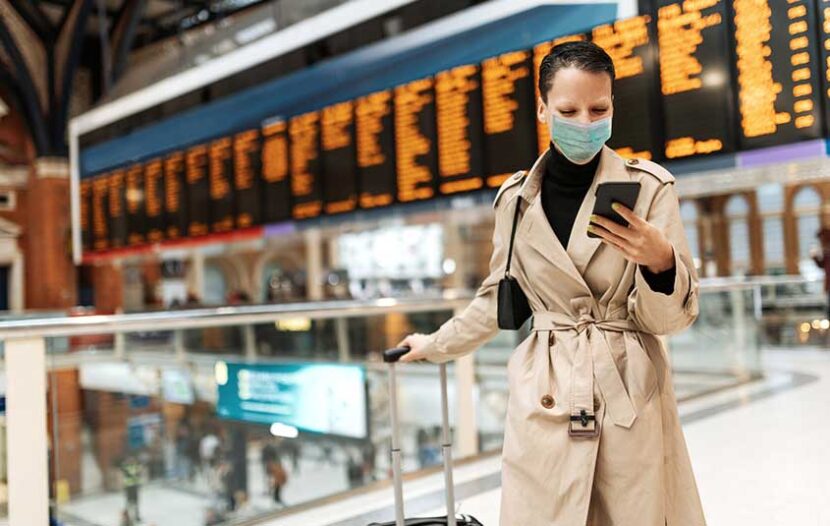LONDON — The World Travel & Tourism Council (WTTC) is calling for governments to abandon the concept of ‘high-risk countries’ and instead focus on how individual ‘high-risk travellers’ are treated at borders.
WTTC says governments should redefine their whole approach to risk assessment, to revive international business and leisure travel.
“We cannot continue labelling entire countries as ‘high-risk’ which assumes everyone is infected. While the UK is currently seeing high levels of infections, clearly not all Britons are infected; the same goes for all Americans, Spaniards, or the French,” says WTTC President and CEO, Gloria Guevara.
“The reality is much more complex. Not only does it stigmatize an entire nation, but it also halts travel and mobility when many people who test negative on departure and arrival could safely travel without exporting the virus.”
With a common international consensus on the metrics used to assess risk and a focus on a cost-effective, comprehensive, and rapid departure and arrival testing scheme for all travellers, there could be a meaningful return of travel, she says.
Guevara adds that this approach would also ensure only those affected are forced to isolate, while travellers who test negative could continue to travel safely through observing hygiene protocols and mask wearing.
“Risk based on entire countries is neither effective nor productive. Redefining risk towards individual travellers instead will be key for unlocking the door to the return of safe international travel. We need to learn from past experiences and crises such as 9/11,” she says.
“We have to recognize this reality and redefine the risk to focus on ‘high-risk’ individuals. We firmly believe implementing a comprehensive testing regime and the use of technology is the only practical way to restore international travel securely.
Guevara notes that a comprehensive testing program will be less expensive than the economic cost brought on by blanket quarantines and lockdowns.
Too much is at stake to not change the world’s approach to travel amid the pandemic, she adds. “As always, there is a crucial balance to be struck between the priority on public health with the need to sustain economic activity. As well ensuring people are safe and healthy, we also need to secure the health of the global economy – and revive the 174 million travel & tourism jobs affected by this devastating pandemic.”

